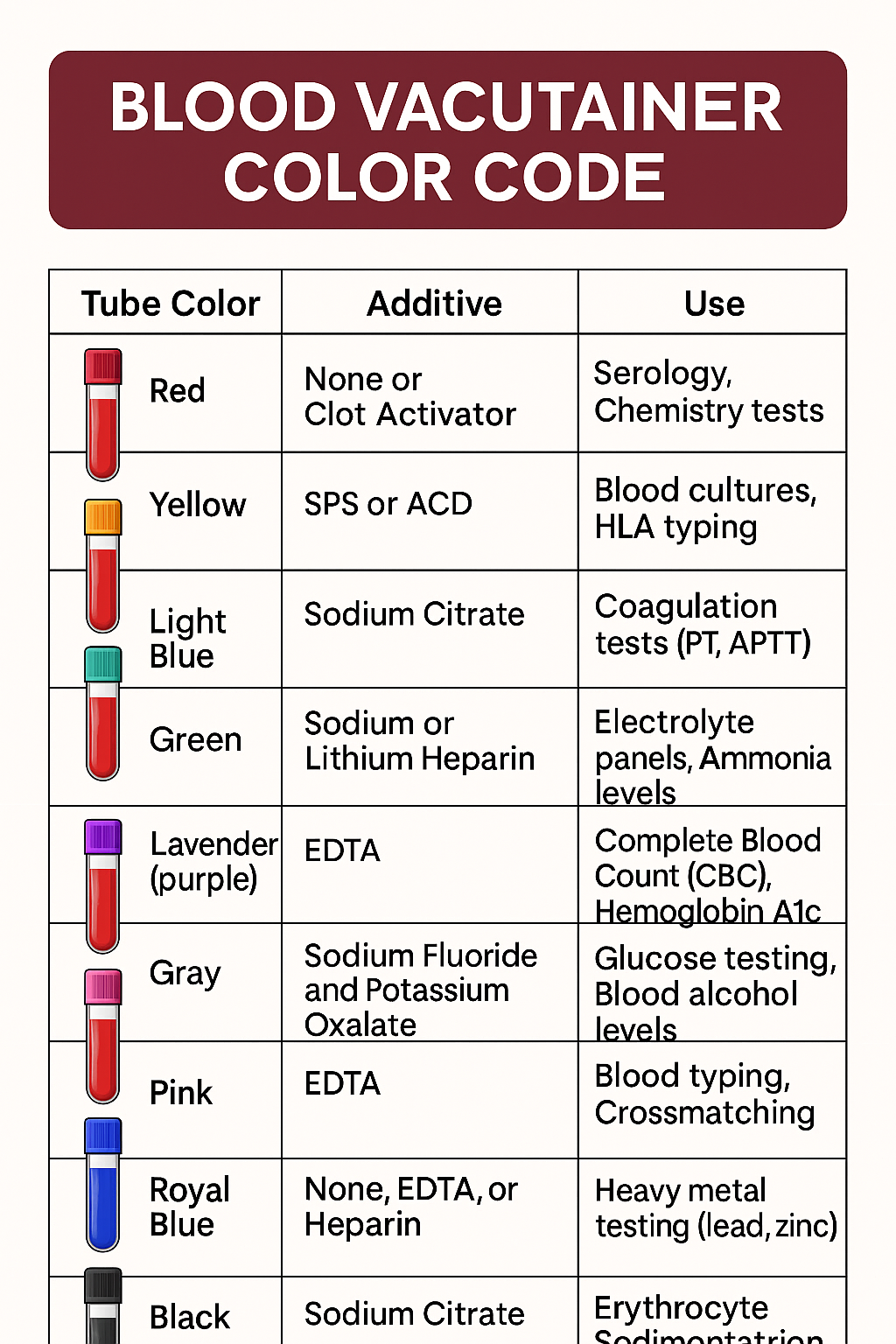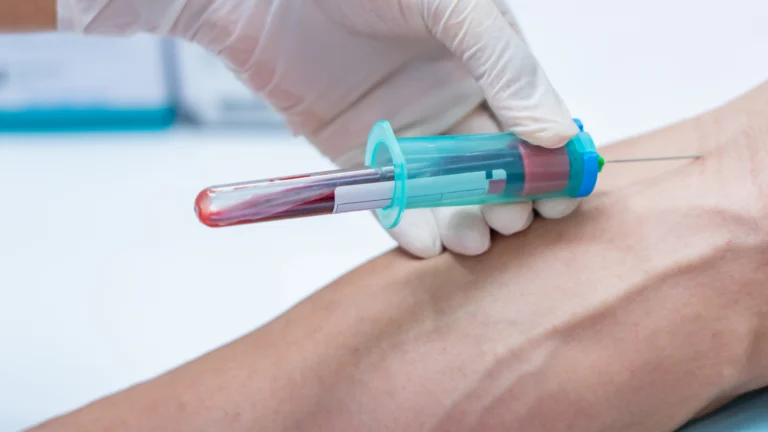In the dynamic world of healthcare, some professions remain timeless in their significance. Phlebotomy, the practice of drawing blood for diagnostic, research, or therapeutic purposes, stands as a vital pillar of medical science. From its ancient roots to its indispensable role today, the art of phlebotomy continues to evolve, offering a rewarding career path for aspiring healthcare professionals.
History of Phlebotomy
Ancient Beginnings: The Origins of Phlebotomy
The roots of phlebotomy trace back to ancient civilizations such as Egypt, Greece, and Rome. In these early societies, bloodletting was a common practice believed to restore health by removing “bad blood.” Early practitioners used rudimentary tools like lancets, marking the beginning of this essential medical procedure.
Phlebotomy in the Middle Ages
During the Middle Ages, the practice of bloodletting was influenced by the theory of the four humors, which suggested that imbalances in bodily fluids caused illnesses. Surprisingly, barbers often performed bloodletting procedures, becoming precursors to modern-day phlebotomists.
Renaissance and Enlightenment: A Revolution in Medicine
The Renaissance era brought scientific advancements that reshaped phlebotomy. Physicians such as William Harvey revolutionized medicine with discoveries like the circulation of blood, leading to more standardized techniques and tools for phlebotomy.
Phlebotomy in Modern Healthcare
19th and 20th Centuries: The Emergence of Professional Phlebotomy
The 19th and 20th centuries saw phlebotomy recognized as a specialized medical procedure. The use of syringes, needles, and antiseptic techniques reduced risks and improved patient outcomes, setting the stage for its critical role in healthcare.
Late 20th Century to Present: Innovations in Blood Collection
The introduction of vacutainer systems in the late 20th century revolutionized blood collection. Today, trained phlebotomists utilize these advanced systems to ensure accuracy, efficiency, and patient safety, making phlebotomy an essential component of modern medicine.
Why Choose a Career in Phlebotomy?
Phlebotomy is a promising career option with numerous advantages for students considering a role in healthcare:
1. Short Training Programs
With training programs lasting only a few months, becoming a certified phlebotomist is accessible and cost-effective.
2. High Demand for Skilled Professionals
The healthcare industry consistently demands skilled phlebotomists for roles in hospitals, diagnostic labs, and clinics.
3. Entry Point to Healthcare Careers
Phlebotomy serves as a gateway to exploring broader healthcare fields, from nursing to medical research.
4. Meaningful Patient Interaction
Phlebotomists play a vital role in patient care, fostering trust and compassion during blood collection procedures.
5. Job Stability and Growth Opportunities
With the healthcare sector’s continuous growth, phlebotomists enjoy career stability and potential for advancement.
6. Contributing to Lifesaving Diagnoses
By ensuring accurate blood sample collection, phlebotomists directly contribute to disease diagnosis, treatment planning, and medical research.
Start Your Journey in Phlebotomy Today
The art of phlebotomy is more than a technical skill; it’s a career that combines precision, compassion, and a direct impact on patient care. Whether you’re just starting out or seeking a fulfilling career change, becoming a certified phlebotomist is a step toward making a real difference in the healthcare field.
Ready to embark on your journey? Explore professional training options at London Phlebotomy Training and take the first step toward a rewarding healthcare career.




